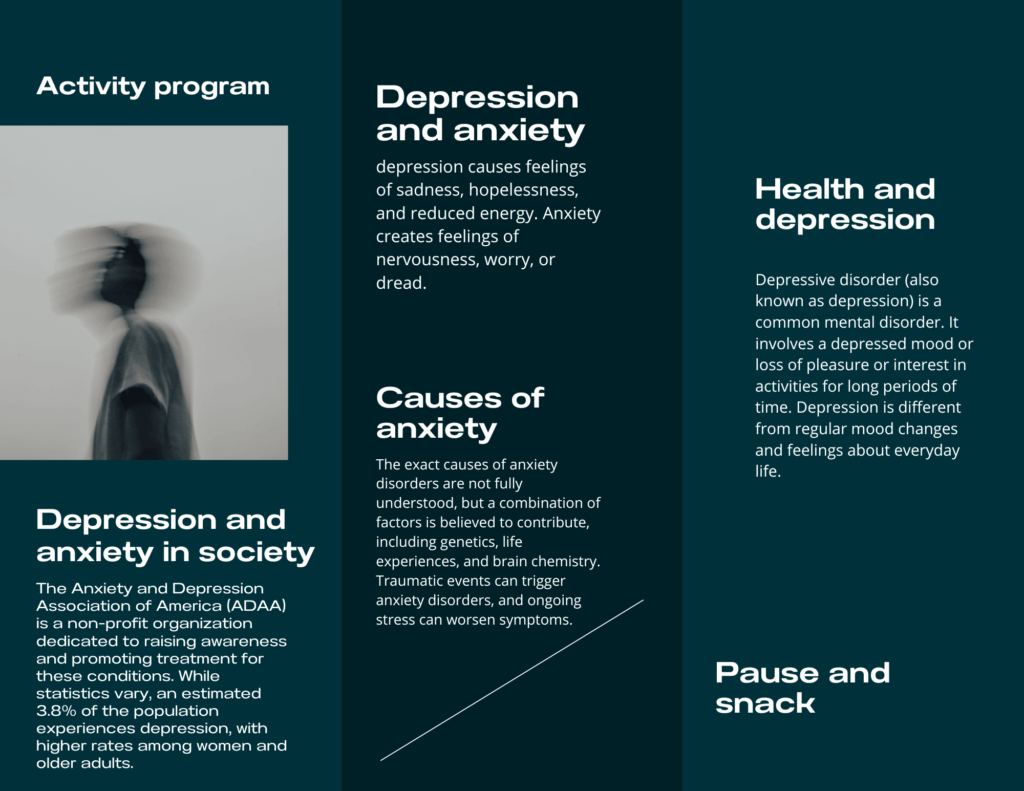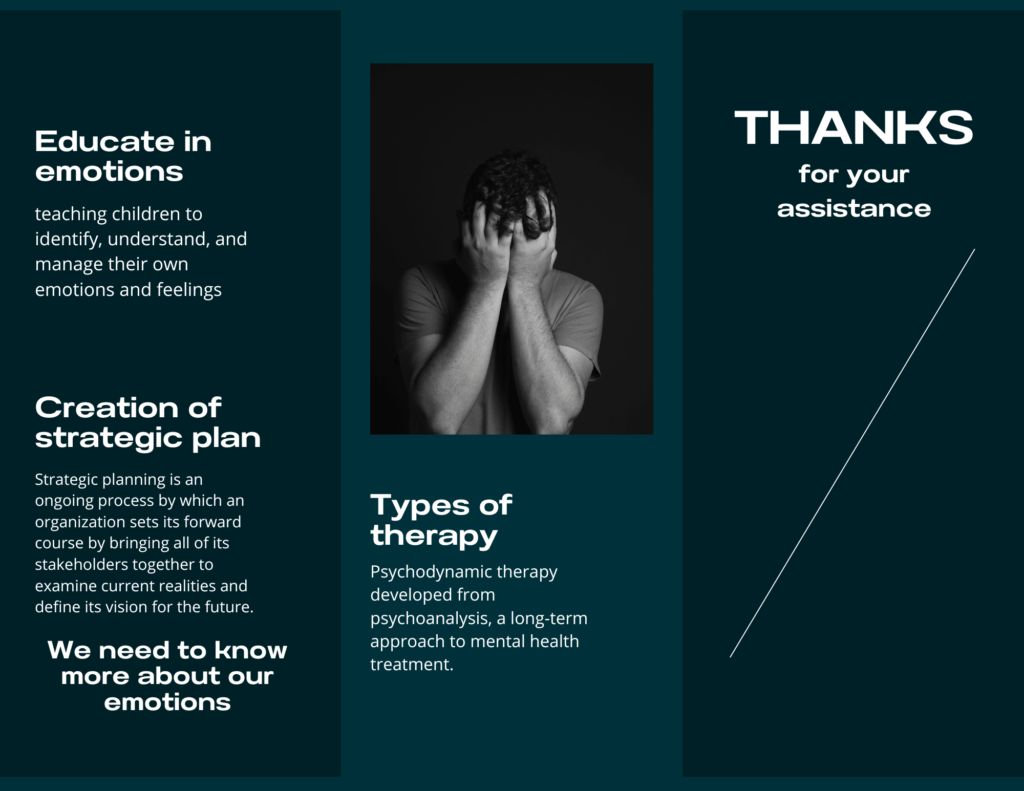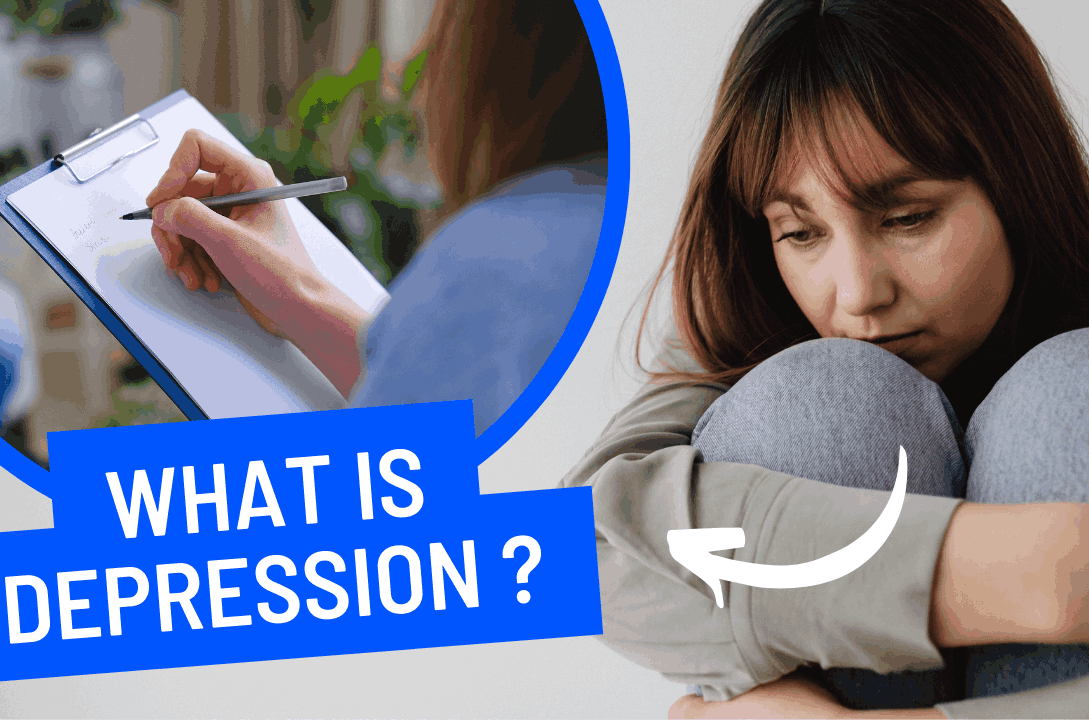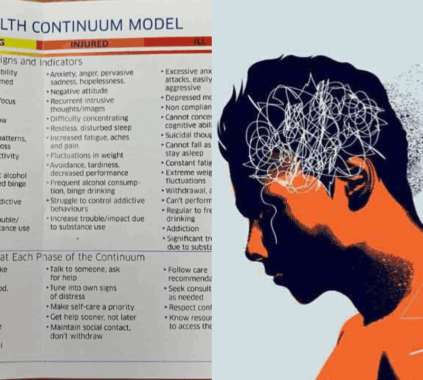Have you ever wondered why some people react to stress by directing their emotions toward unrelated situations or individuals? This behavior is often rooted in a psychological phenomenon known as displacement. Understanding displacement can provide valuable insights into our mental health and emotional well-being. In this post, we’ll explore what displacement in Mental Health, and practical ways to address it.
What is Displacement in Mental Health?
Displacement in Mental Health is a psychological defense mechanism where emotions are redirected from a threatening source to a safer outlet. This strategy helps individuals handle stress that feels too overwhelming to face directly. For instance, someone angry with their boss might displace that anger by taking it out on a friend or family member instead.
- Historical Background
The idea of Displacement in Mental Health originates with Sigmund Freud, the pioneering psychoanalyst. Freud posited that the mind employs various defense mechanisms to shield itself from anxiety, with displacement being particularly intricate and nuanced. Over time, psychologists have expanded on Freud’s theories, offering deeper insights into this behavior. - Common Examples
Displacement can manifest in numerous ways. From a teenager snapping at their sibling after failing a test to an employee blaming their coworkers for their own mistakes, the possibilities are endless. Recognizing these patterns can be the first step toward mitigating their impact.
The Psychological Mechanisms Behind Displacement
Understanding Displacement in Mental Health requires a look at the intricate workings of the human mind. Essentially, displacement serves as an emotional outlet, redirecting feelings from an inaccessible or feared source to a more manageable one. This redirection helps to alleviate immediate emotional discomfort but can complicate relationships and internal psychological states.
- Defense Mechanisms and Displacement
Defense mechanisms are unconscious tactics the mind uses to manage anxiety and stress. Among these, displacement is a key player, alongside repression, denial, and projection. Although such mechanisms can offer temporary relief, overreliance on them can result in unhealthy behavioral patterns. - Emotional Transfer
At its core, displacement involves the transfer of emotions from one object to another. This transfer often occurs subconsciously, making it challenging to identify and address. Understanding the triggers and targets of displaced emotions can aid in developing healthier coping strategies.
Impact on Relationships
Displacement can significantly affect interpersonal relationships. Misplaced anger or frustration can strain bonds with loved ones, leading to misunderstandings and conflicts. Addressing displacement can improve communication and foster healthier relationships.
The Impact of Displacement on Mental Health

While Displacement in Mental Health can offer temporary emotional relief, its long-term effects can be detrimental. Unresolved emotions can lead to increased stress, anxiety, and even depression. Understanding the impact of displacement on mental health is crucial for effective management.
- Stress and Anxiety
- Displacement can exacerbate stress and anxiety levels. Continually redirecting emotions without addressing their root cause can create a cycle of unresolved tension. Recognizing and addressing these emotions can lead to improved mental well-being.
- Depression
- Unmanaged displacement can contribute to feelings of depression. Persistent negative emotions, if left unaddressed, can lead to a sense of hopelessness and despair. Early intervention and management can prevent these outcomes.
Coping Strategies for Displacement

While displacement is a natural response to stress, managing it effectively is crucial for maintaining mental health. Various coping strategies can help in mitigating the impact of displacement.
- Mindfulness and Meditation
Mindfulness practices can help in becoming more aware of emotions and their triggers. Meditation can provide a sense of calm and clarity, aiding in the identification and management of displaced emotions - Cognitive Behavioral Therapy (CBT)
CBT is an effective therapeutic approach for managing displacement. It focuses on identifying and changing negative thought patterns, providing tools to cope with stress and anxiety more healthily. - Healthy Outlets for Emotions
Finding healthy ways to express emotions can mitigate the impact of displacement. Physical activity, creative pursuits, and talking to a trusted friend or therapist can provide valuable emotional outlets.
The Benefits of Addressing Displacement
Addressing displacement can lead to improved mental health, better relationships, and overall well-being. Understanding and managing displaced emotions can provide numerous benefits.
- Improved Mental Health
Managing displacement can lead to improved mental health, reducing stress, anxiety, and depression levels. Understanding and addressing emotions can provide a sense of relief and clarity. - Better Relationships
Addressing Displacement in Mental Health can improve relationships with loved ones, colleagues, and friends. Effective communication and understanding can foster healthier and more fulfilling relationships. - Overall Well-being
Addressing displacement can improve overall well-being, leading to better mental and physical health. Understanding and managing emotions can provide a sense of balance and harmony.
How to Support Others Experiencing Displacement?
Supporting others experiencing displacement can provide valuable emotional support and guidance. Understanding and empathy are crucial in providing effective support.
- Offering a Listening Ear
Sometimes, all someone needs is a listening ear. Providing a safe space for others to share their feelings can provide valuable support. - Encouraging Professional Help
Encouraging others to seek professional help can provide them with valuable tools and techniques to manage displacement effectively. - Being Patient and Understanding
Patience and understanding are crucial in supporting others experiencing displacement. Providing consistent and empathetic support can aid in their emotional well-being.
Displacement in Different Contexts
Displacement can occur in various contexts, from personal relationships to professional settings. Understanding its manifestation in different areas can aid in effective management.
Family Dynamics: Displacement often occurs within family dynamics, where unresolved emotions are redirected toward family members. Recognizing and addressing these patterns can improve family relationships:.
- Workplace Settings: Displacement can also occur in professional settings, where stress and frustration are redirected toward colleagues or subordinates. Effective communication and stress management techniques can mitigate these impacts.
- Social Interactions: Displacement can affect social interactions, leading to strained relationships with friends and acquaintances. Awareness and management of displaced emotions can improve social relationships.
Conclusion:
Displacement in Mental Health is a complex but manageable phenomenon. Understanding its mechanisms, impact, and coping strategies can lead to improved mental health and well-being. Whether you’re experiencing displacement or supporting someone who is, awareness and empathy are key. Remember, addressing displacement is a step towards better mental health and more fulfilling relationships.
Explore more about managing mental health and building emotional resilience. Subscribe to our newsletter for regular updates and tips on maintaining mental well-being.









[…] […]